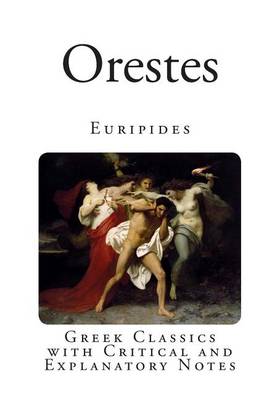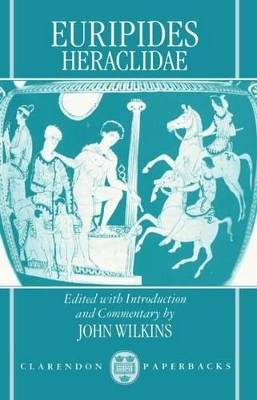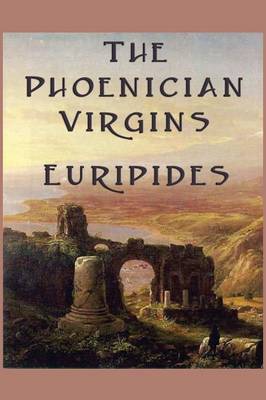Classic Greek Drama
3 total works
Celebrated for its dramatic ingenuity, Euripides's earlier version of the myth that Aeschylus made famous has not been revised in English since 1895. Popular in antiquity and important in the development of classical Greek tragedy, this play is now offered in an expanded edition, which includes a detailed discussion of lyric meter and a consideration of many textual changes.
This edition and commentary provides an invaluable introduction to one of Euripides' less well-known plays, and describes the enormousvalue of the text for our understanding of Athenian drama, religion,and society. Heraclidae is one of Euripides' `alphabetical' plays, preserved exclusively in a Laurentian manuscript, and therefore not selected in antiquity. Neither in modern times, despite the excellent commentaries of Elmsley (1821) and Pearson (1907), and powerful articles by Wilamwitz, has the play been given the prominence it deserves. This edition interprets the play in a wide cultural setting, considering unorthodox aspects of the structure of the drama, but placing particular emphasis on the cults and myths of Heracles in Attica, on his apotheosis and marriage, on his association with the young, and most of all on the two most striking rituals in the play: the voluntary self-sacrifice of the daughter of Heracles, and the conversion of Eurystheus from an enemy of Athens to a hero whose dead body will protect the city-state.
The text is James Diggle's (Oxford Classical Texts 1984)
The text is James Diggle's (Oxford Classical Texts 1984)
Euripides, one of the three great Greek tragedians was born in Attica probably in 485 B.C. of well-to-do parents. In his youth he cultivated gymnastic pursuits and studied philosophy and rhetoric. Soon after he received recognition for a play that he had written, Euripides left Athens for the court of Archelaus, king of Macedonia. In his tragedies, Euripides represented individuals not as they ought to be but as they are. His excellence lies in the tenderness and pathos with which he invested many of his characters. Euripides' attitude toward the gods was iconoclastic and rationalistic; toward humans-notably his passionate female characters-his attitude was deeply sympathetic. In his dramas, Euripides separated the chorus from the action, which was the first step toward the complete elimination of the chorus. He used the prologue as an introduction and explanation. Although Euripides has been charged with intemperate use of the deus ex machina, by which artifice a god is dragged in abruptly at the end to resolve a situation beyond human powers, he created some of the most unforgettable psychological portraits. Fragments of about fifty-five plays survive; some were discovered as recently as 1906. Among his best-known plays are Alcestis (438 B.C.), Medea and Philoctetes (431 B.C.), Electra (417 B.C.), Iphigenia in Tauris (413 B.C.), The Trojan Women (415 B.C.), and Iphigenia in Aulis Iphigenia (c.405 B.C.). Euripides died in Athens in 406. Shortly after his death his reputation rose and has never diminished.


